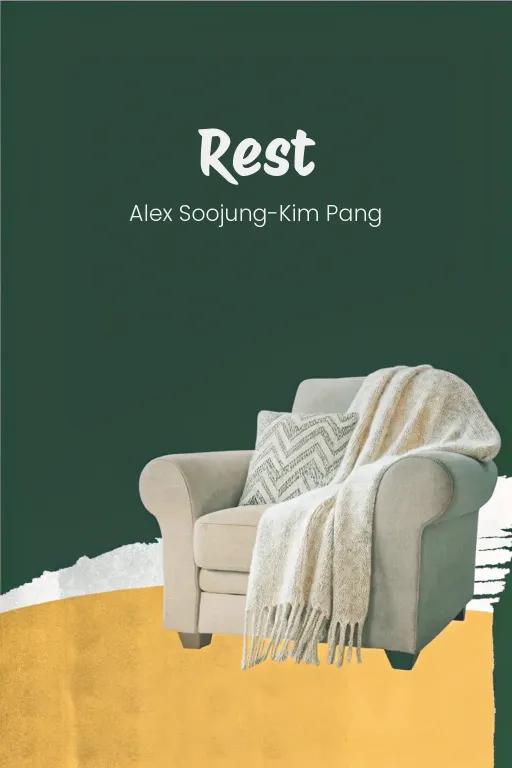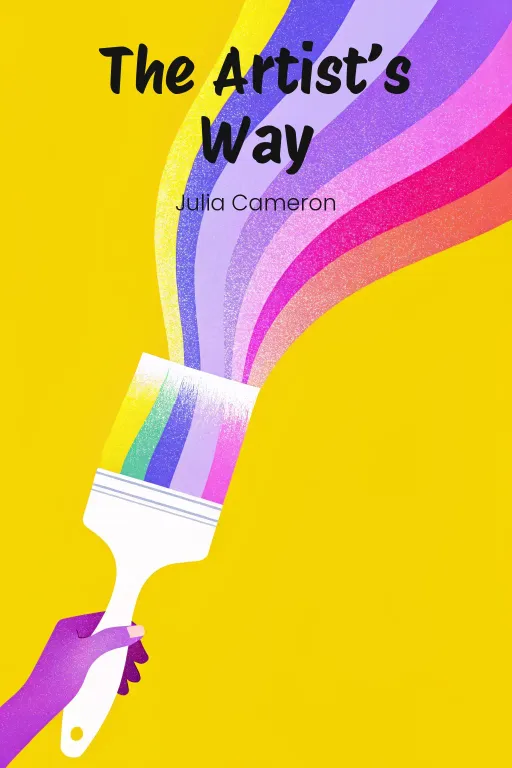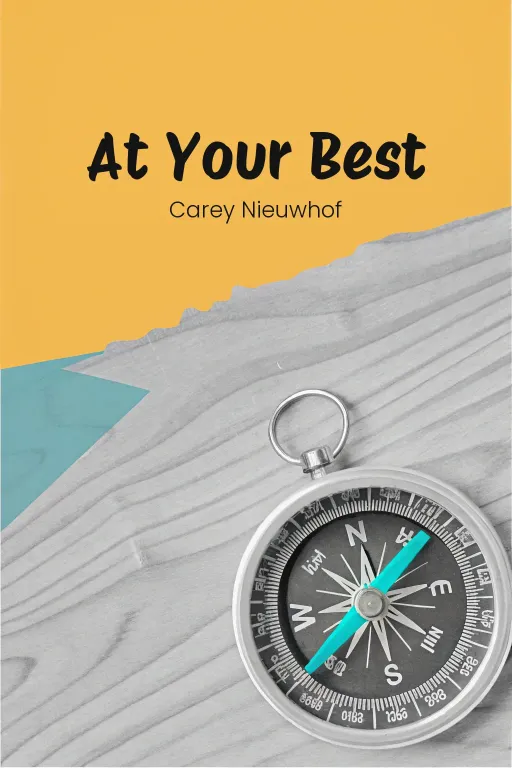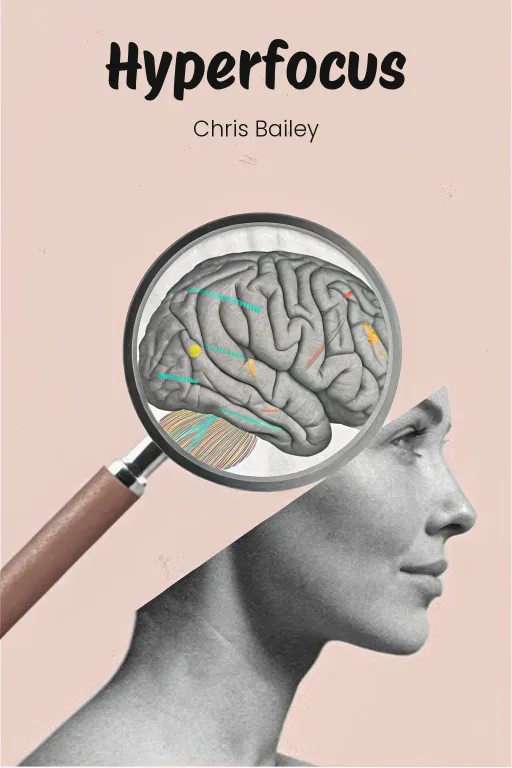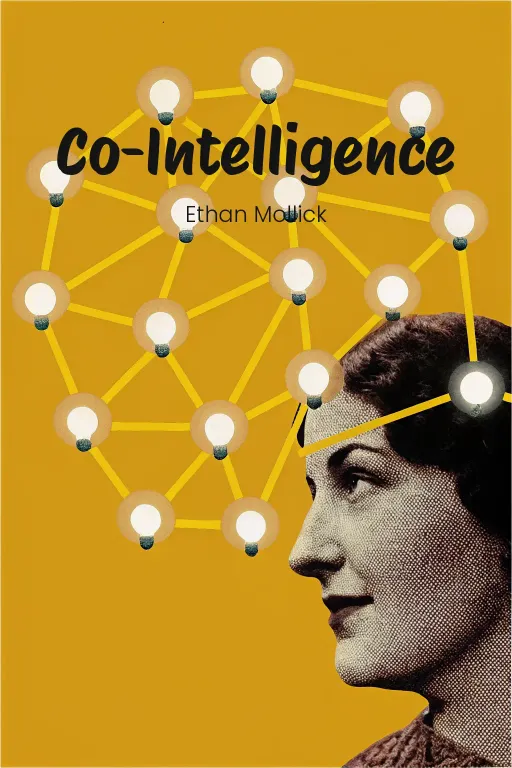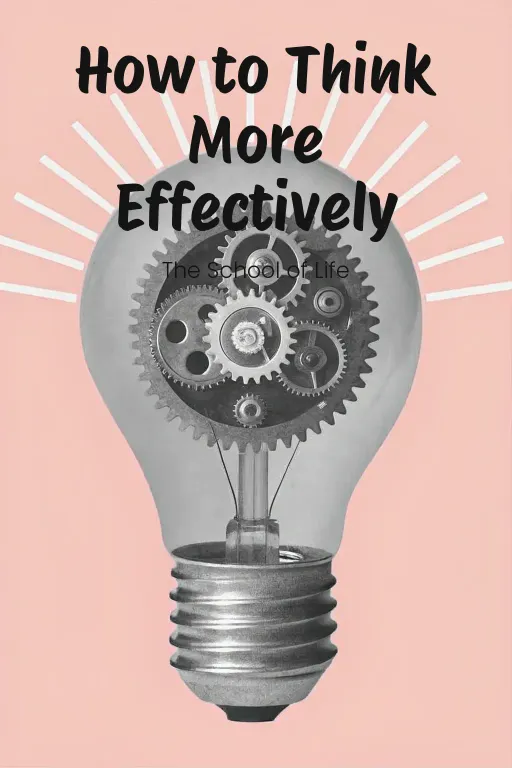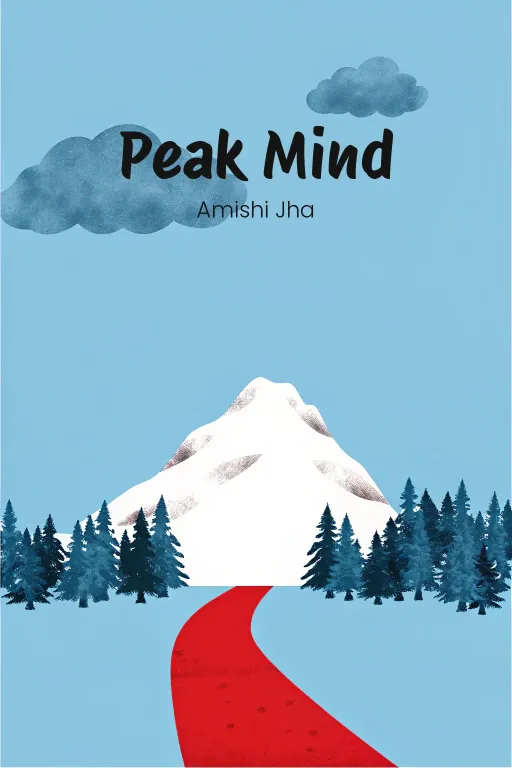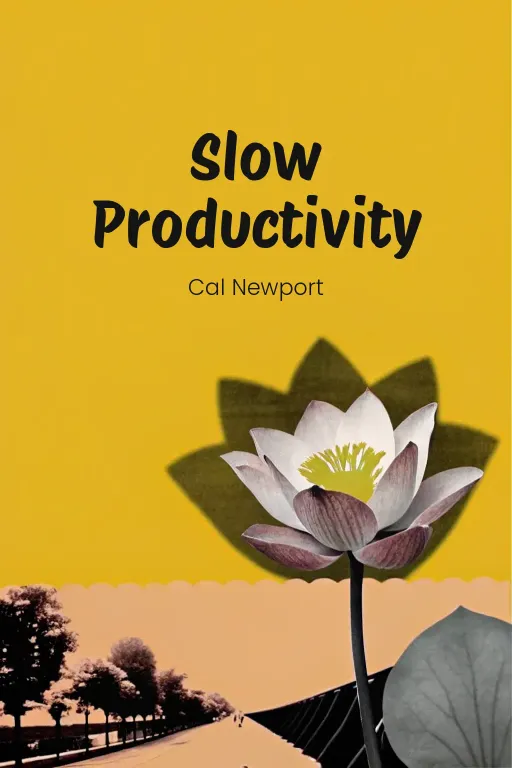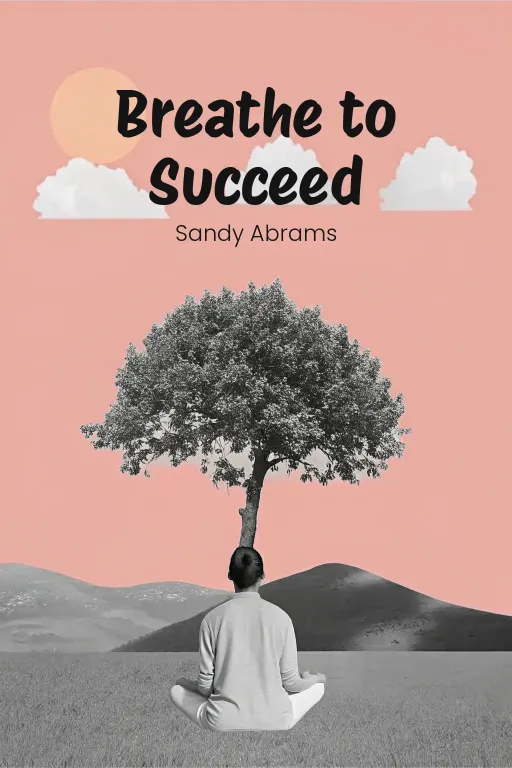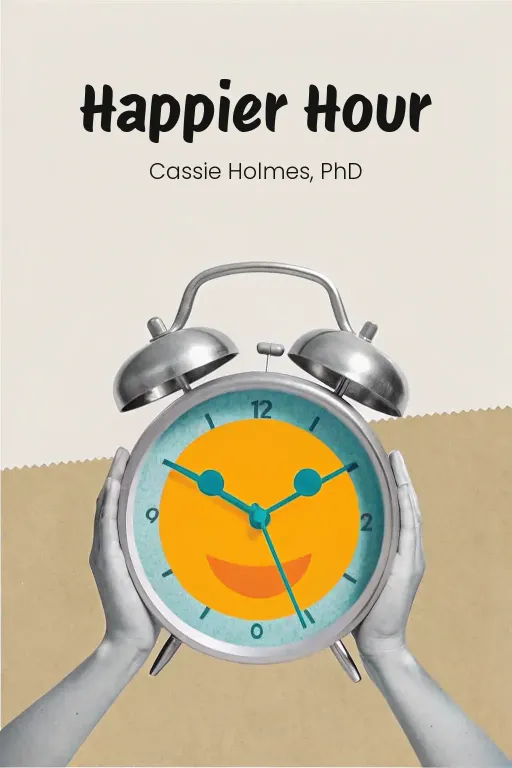
Rest to be Your Best: Work Less, Create More
Podcast by The Muse's Minute with Brian
Why You Get More Done When You Work Less
Rest to be Your Best: Work Less, Create More
Brian: Ever felt that nagging guilt when you take a break? That voice saying you should be working instead? Welcome to The Muse's Minute, I'm Brian. We're diving into "Rest: Why You Get More Done When You Work Less" by Alex Soojung-Kim Pang. This book flips the script on hustle culture, arguing true creativity doesn't just tolerate rest – it demands it. It's crucial if you're feeling burned out or looking to unlock deeper insights. Brian: So what's the single biggest spark from this book? It's this: Deliberate rest isn't the opposite of work; it's work's essential partner. Think of it like sharpening an axe. You're not working when you sharpen it, right? But that pause makes every swing far more effective when you return to chopping wood. Pang argues that strategic, intentional rest – things like walks, naps, hobbies, even just stopping on time – isn't wasted time. It’s the crucial sharpening process for your mind, allowing it to consolidate ideas, solve problems subconsciously, and generate those brilliant flashes of insight we all crave. This idea is transformative because it gives us permission to ditch the guilt around downtime and see rest as a truly productive act, the very thing that fuels our best, most creative thinking. Brian: How does this actually work? Well, look at history's high achievers. Winston Churchill famously led Britain through World War Two while taking non-negotiable afternoon naps, even during the Blitz. His valet called it an 'inflexible rule.' Churchill knew this rest wasn't weakness; it fueled the mental clarity needed for life-or-death decisions. He understood rest powered his work. And he wasn't alone in valuing this rhythm. Think about Charles Darwin. Despite his groundbreaking scientific work, he only dedicated about four focused hours a day to his research. The rest of his time involved long walks, quiet reflection, and family. Those periods weren't idle time; they were crucial incubation periods for his world-changing ideas. So you see a pattern: intense focus, followed by deliberate disengagement. Modern neuroscience actually explains why this works. When our minds seem 'at rest' or are wandering, a specific brain network called the Default Mode Network becomes highly active. It’s busy connecting disparate ideas, consolidating memories, and essentially doing creative problem-solving subconsciously. It’s like your brain’s background processing unit kicking into high gear when you stop trying so hard. We even see this applied consciously today. Think about Silicon Valley's walking meetings, something Steve Jobs famously practiced. They recognized that getting away from the desk, moving your body, it creates space for different thinking, for breakthroughs. It’s all about intentionally creating space for the mind to do its other, equally important, kind of work. Brian: So, how can you apply this today? Here’s your actionable takeaway: Schedule one short period of deliberate rest into your day. Just one. Maybe it's a 15-minute walk without your phone after lunch. Perhaps it's setting a hard stop time for work and truly disconnecting, no emails allowed. Or even just stepping away to listen to a song or stare out the window for ten minutes. The key is intention. Treat this rest period like an important meeting – because for your creativity, it absolutely is! Don't just wait for rest to happen; actively cultivate it. Remember, rest isn't what happens when work is done – it's an essential part of the creative process itself. See it not as laziness, but as sharpening your creative axe. That’s your spark for today. I'm Brian, and this has been The Muse's Minute. Until next time, keep listening for your spark!
